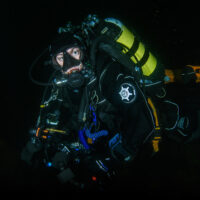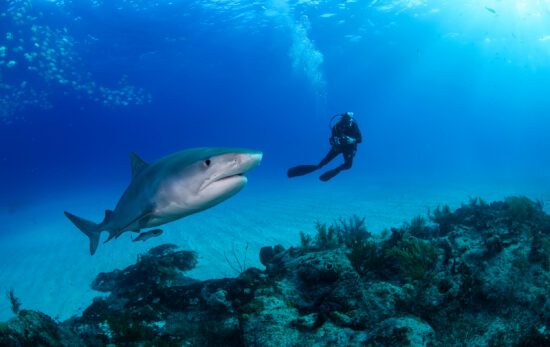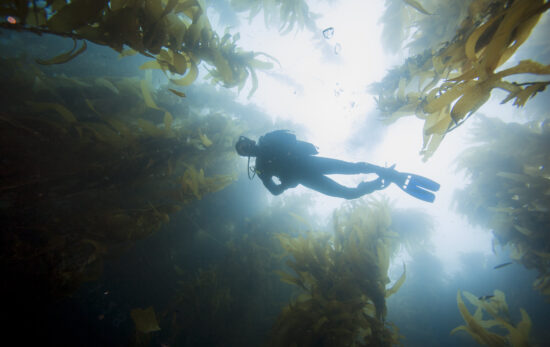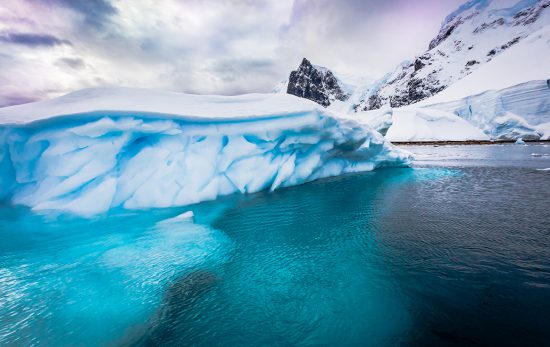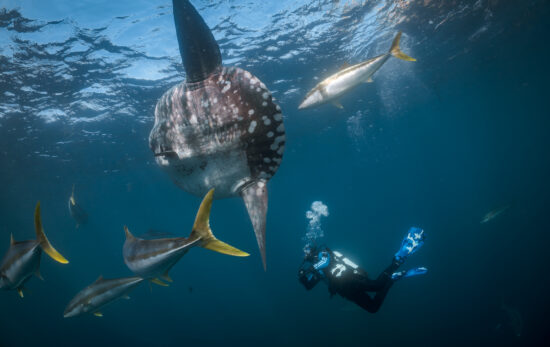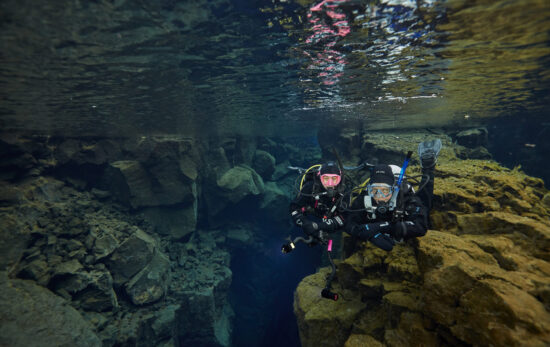Why would you want to learn to dive in cold water?
Well, funnily enough, as I prepared for my first ever dive on Saturday, 24th September 2016, the wind whipping my face and rain lashing across the surface of the icy water, I was asking myself that very question! I was definitely re-evaluating my life choices. Surely, learning to dive abroad, somewhere warm, would’ve been far better?!?! Fast forward six and a half years, and it has been one of the best decisions of my life!
I learned to dive in Scotland, and it definitely comes with its challenges. At times, its wetter on the surface than it is beneath the waterline. It’s pretty cold all year round, it can be dark, and visibility can be poor… I’m not really selling this am I? But hear me out!
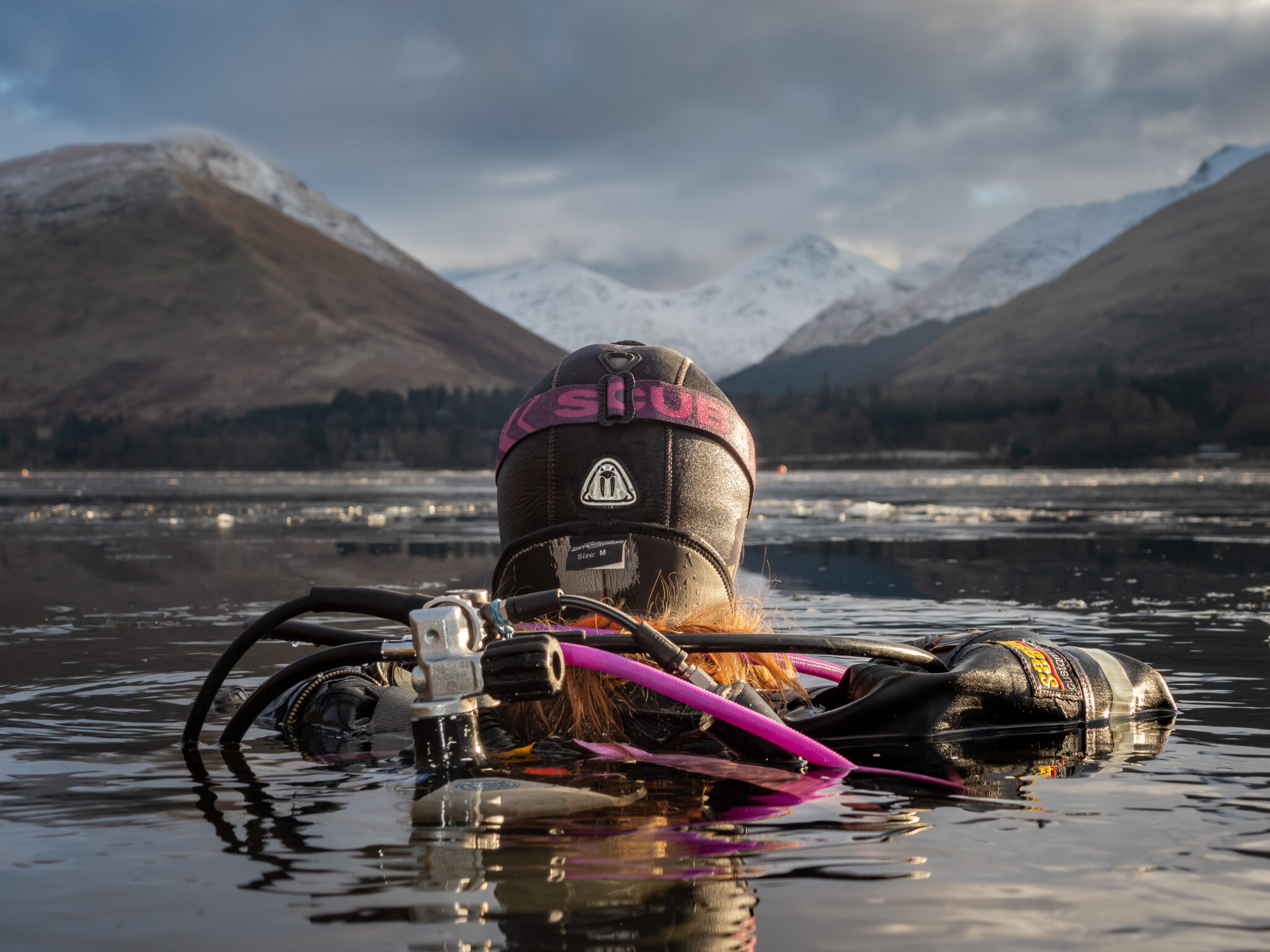
“If you can dive in Scotland, you can dive anywhere in the world!”
Okay, maybe a slight exaggeration, but I always remember my instructor saying this to me, and there’s an element of truth to it. Learning to dive can be challenging enough. So factoring in the cold water, poor visibility and the need for dry suits may seem counterproductive. But, in reality, if you’re learning to dive in cold water and in these conditions from the very beginning, it can make many future dives so much easier. Often when I talk to people who have learned to dive abroad, they always talk about how they’d love to dive at home, but they’re nervous of transitioning from warm water to cold. Essentially, they’re worried about going from a wetsuit to dry suit. It’s a really common concern people have and I think one that’s not as big a jump as many think.
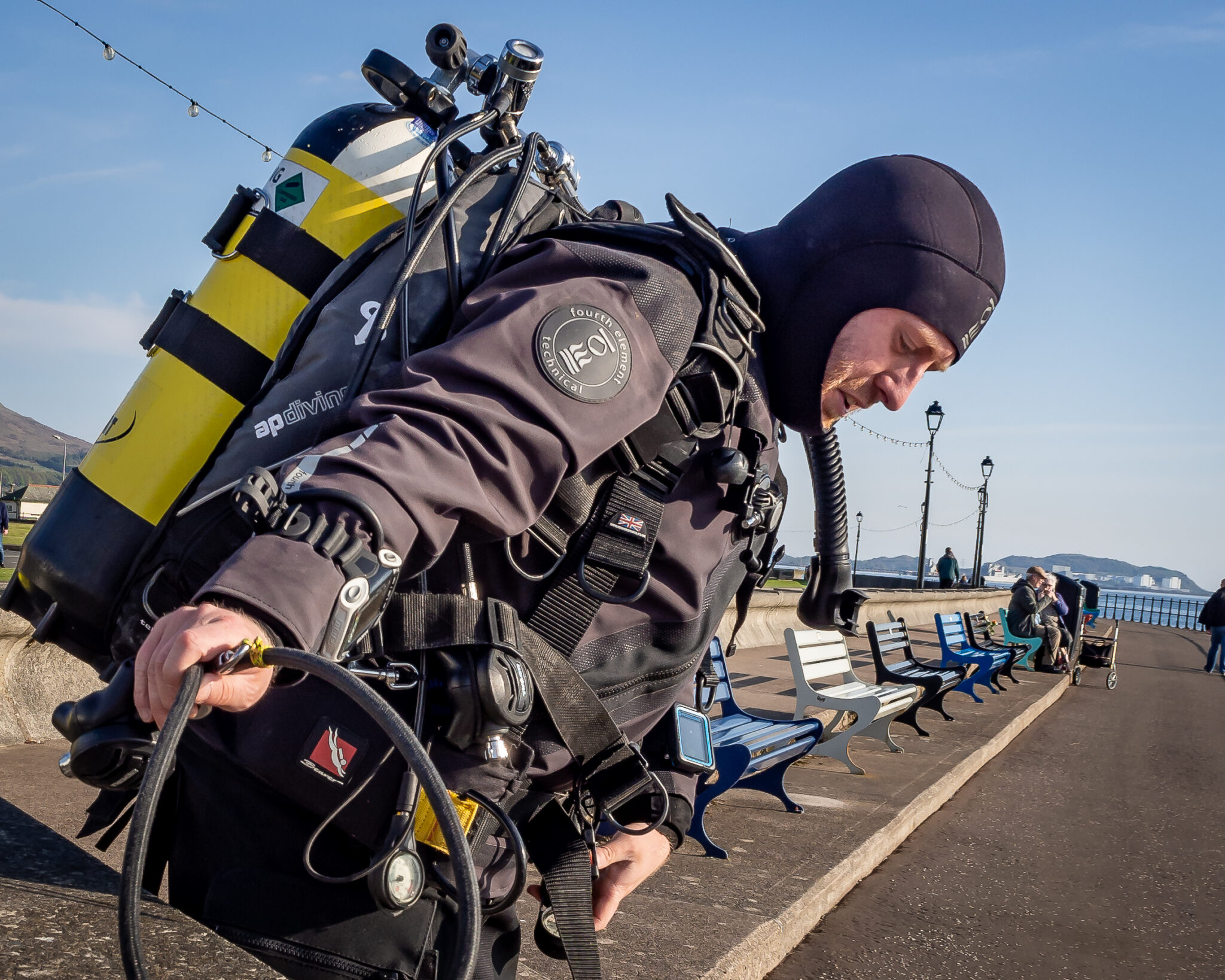
The Unknown
There’s no doubt diving in warm, crystal-clear waters is an experience not to be missed. But cold water diving, like that found here in the UK, is often just as incredible. In fact, I might be biased, but I’d say it is even more magical! You can visit the same dive site countless times, and each time the dive can be different. Between underwater conditions, like visibility and temperature, to our diverse marine life, there’s just no way of telling what you might find. The unpredictability and excitement is what makes it so special and learning to dive in cold water opens so many more possibilities.
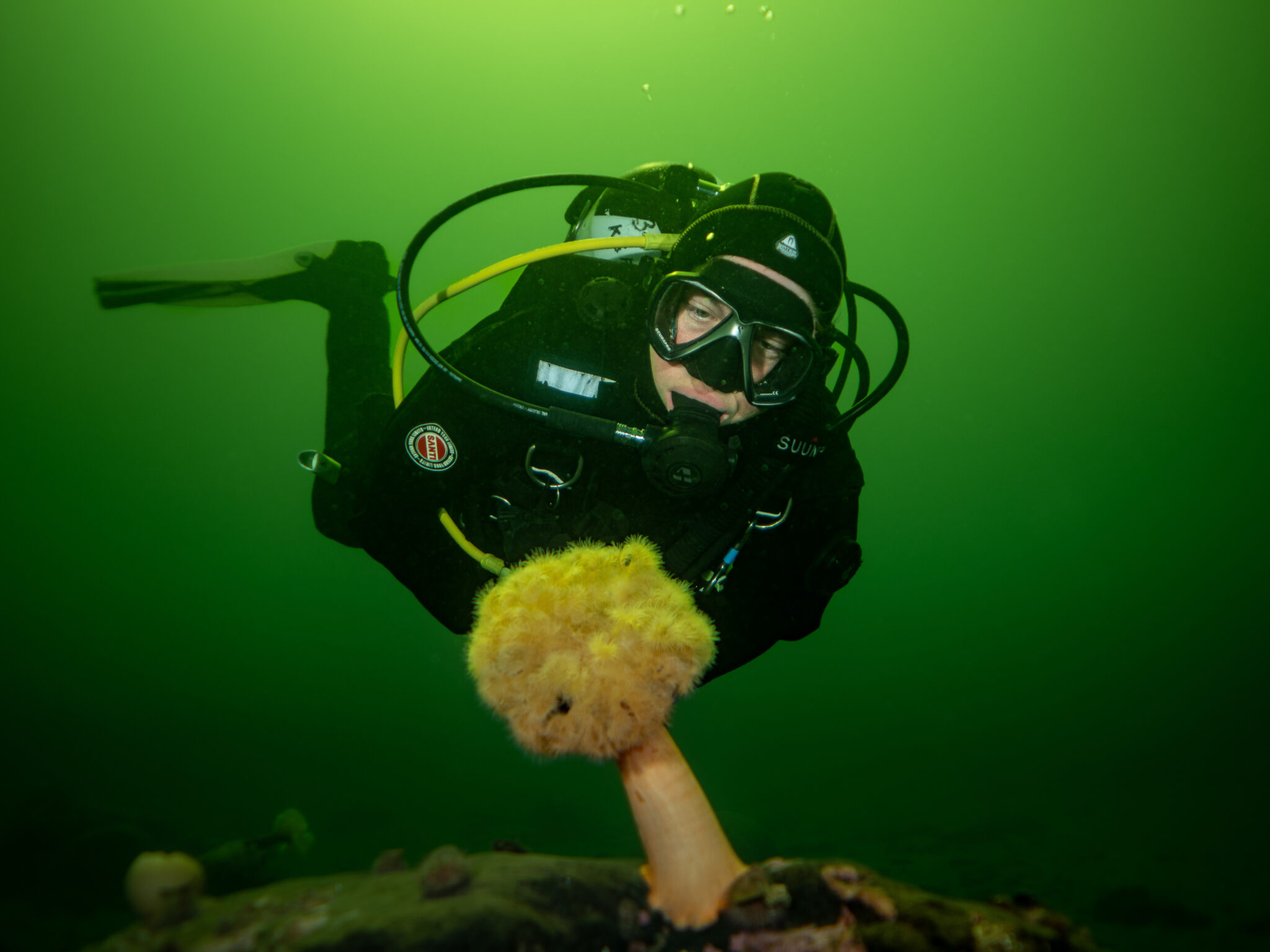
Local Awareness
If given the choice, most people will learn to dive in warmer climates. So if you have chosen to learn to dive in cold water, it’s likely because it’s close to home. This can lead to an awareness of your local marine environment which can often go under the radar. Over the past few years there have been some absolutely jaw-dropping nature productions looking at the world’s oceans. But, so few people realise the waters around places like Scotland have some of the most awe-inspiring marine environments. Exploring local waters can help to highlight our own impacts on the seas and open your eyes to the direct impact we are having on the environments close by. It helps to put into context what you can do to protect local precious marine habitats.
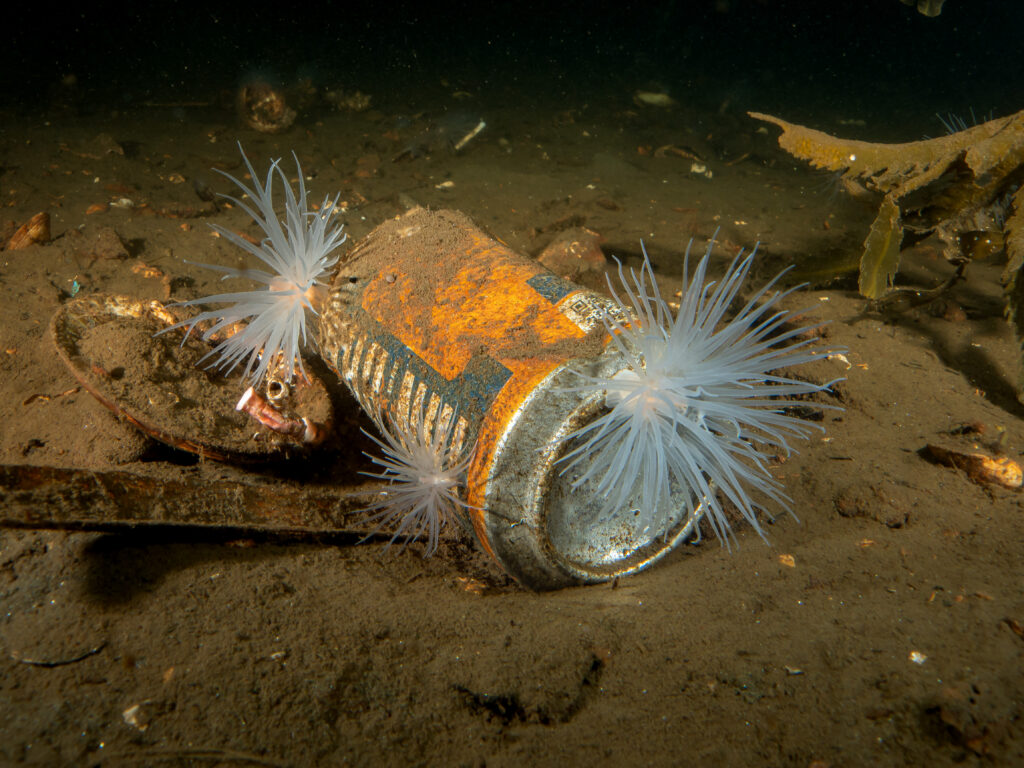
More Time for to Enjoy the Dives
Sometimes you don’t jet off to somewhere warm knowing you’re going to learn to dive. For many, it can be something you “dive into” (pun intended… sorry!). But, if it’s something you’re thinking of doing during your trip, doing it beforehand can make a huge difference. Learning to dive is always a fun experience, and I still look back fondly on our theory/pool sessions. But, completing your Open Water certification before jetting off to the sun means you can spend more time enjoying discovering local dives, possibly doing a speciality course or just building your confidence in the water.
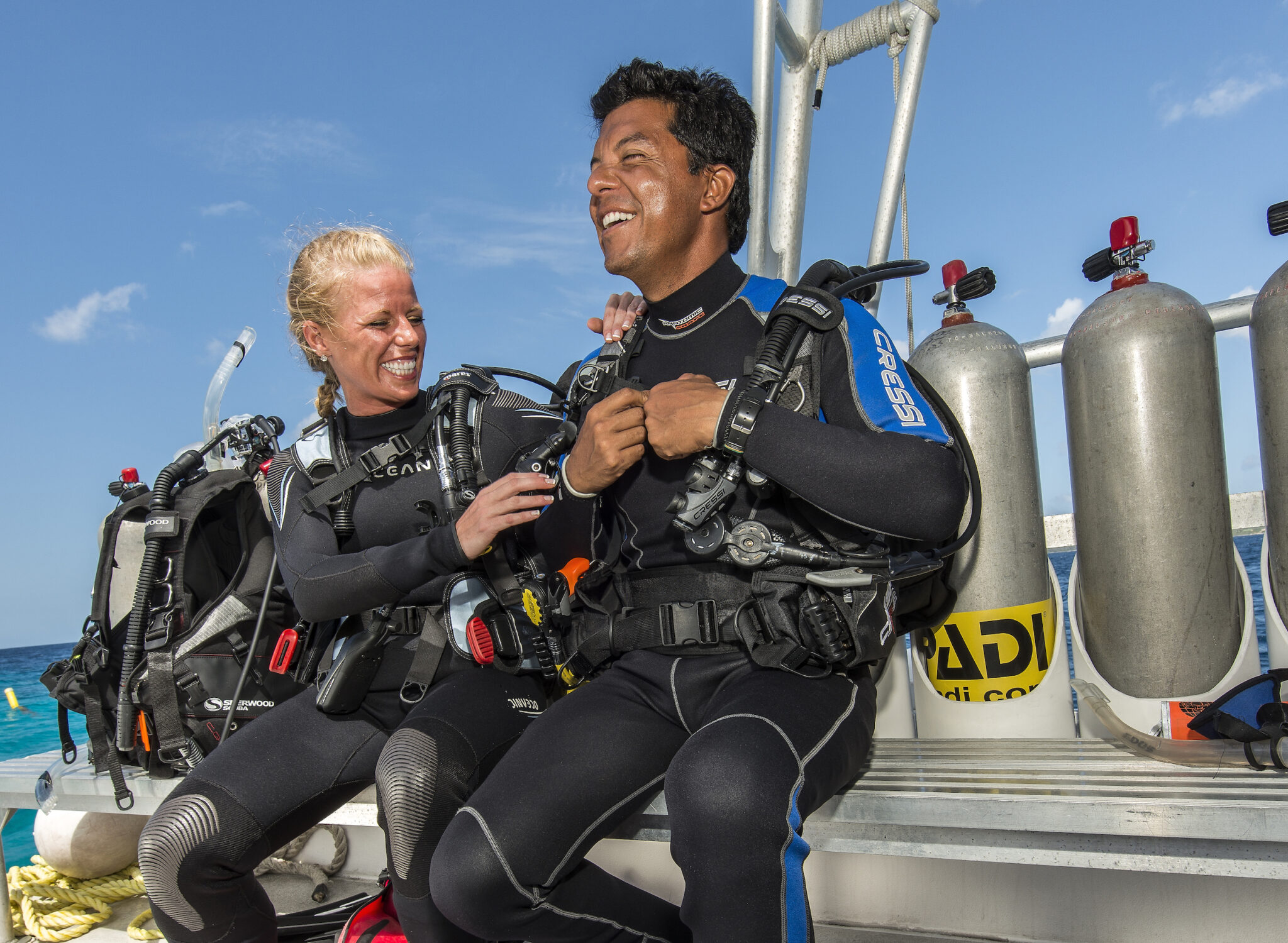
Whatever you chose though, just keep diving!
Ready to dive into learning scuba? Whether you plan on learning locally, in colder waters or in the tropics, the first step is to sign up for your Open Water Diver certification course. The good news is that wherever you are, you can start the course right now, online and begin to #LiveUnfiltered right away. Just click the button below.
